“The secret of change is to focus all of your energy, not on fighting for the old, but on building the new.”
- The Way of the Peaceful Warrior, Dan Millman
A Radical Departure from the Status Quo
Our current challenges require that we not only challenge the status quo, but that we even challenge the sacred.
<div id="definitionoftransformationalchange"></div>
Why Transformational Change Is Required in Higher Ed
Traditional colleges and universities are built on a model designed to perpetuate the status quo. That same model represents severe structural impediments to addressing both internal and external threats, and thus must be completely restructured in order to meet the depth and breadth of the current, existential challenges faced by most colleges and universities.
In most schools, the required student value proposition is not achievable with the current operational model
Defining Transformation
Transformation is a radical departure from the status quo in an organization, leading to foundational changes in the nature of the entity. This can be cultural, structural, management, behavioral, the business model and market, product strategy and even the organization’s mission and purpose.
Many institutions are neither willing nor capable of reinventing themselves, but the Transformation Collaborative™ can support any college or university that is at least willing to think transformatively to get from where they are to a relevant, sustainable, exciting future.
What We Are Thinking
Through our own operational experience, extensive research, and our work with colleges and universities, we have identified the risk factors that are most prevalent in institutions of higher education, and, importantly, what approaches are working in colleges that are thriving! The reality is that higher education as we know it is has a very limited future, but there is a clear path forward for those institutions that are up to the challenge.
At the Transformation Collaborative™ we partner with client institutions to identify specifically what foundational challenges make the most sense as areas of focus relative to their specific risks & opportunities, mission, market, culture and core competencies.
Tweaking the Status Quo Won’t Work
The reality is that for most colleges and universities in the U.S., the incrementalism of the past, and even the short-term crisis management changes of the pandemic, will not be nearly sufficient to maintain relevance and sustainability over time in the market as it exists now.
What’s Working in Successful Schools?
Compelling Strategy
Aligned Organizational Culture and Values
Systems to Reach Students Where They Are
Persuasive Customer Value Proposition
Clear Market Differentiation
Diverse and High Margin Revenue Streams
We have comprehensive models for assessing the relative risk faced by any institution as well as the unique areas of focus for transformative change for each school. While the five items noted above tend to be common across institutions that are thriving, a comprehensive plan would likely include dozens of prioritized areas of opportunity for a given institution.
Propagating Public Policy that Encourages Transformative Change
Public Policy & Resources That Propel Transformation
When the primary source of funding for education enterprises is public, innovation in the institution can be accelerated or inhibited by the policy strings attached. Public funding is accepted as a conditional proposition, yet the terms of endearment may have greater cost than the value of the resources received. Expecting public funding sources to be the primary initiators or implementers of transformation is a dubious proposition; reliance on public policy to drive organizational transformation is an error.





